Member Directory,
1847 - 1922
Edmund B. Wilson
Professor of Biology, Columbia College
Centurion, 1895–1939
Ogden N. Rood and T. Mitchell Prudden
Geneva, Illinois
New York (Manhattan), New York
Age thirty-eight
Woods Hole, Massachusetts

Century Memorial
A Centurion writes of Edmund Beecher Wilson: “I have always felt that he was the most truly great man I have ever known.” The judgment was based on an association wholly outside the field of science. His students, who understood his achievements as a zoologist and had a chance to observe at first hand the scope of his imagination and the precision of his judgment, shared the same estimate with an added touch of reverence. His lectures were famous for their polished ease and incisive logic. Yet his fame as a great teacher rested fully as much upon his example as upon any imparted wisdom. His reserve of judgment, his severe self-criticism, his insight, his quiet force, were inspirations which those who studied under him could never forget. The initials “E. B.,” by which he was known to his associates, became cabalistic symbols of an infallible scientific skill. Professor Wilson’s brilliant career covered the whole development of modern biology which reached its flowering after the rediscovery of Mendel’s laws of heredity in 1900. Already, in 1896, he had published his great book, “The Cell in Development and Inheritance,” which not only organized the learning of decades but charted the course of future progress in the study of the cell. It has been said of it that it “has perhaps influenced subsequent biological thought more than any other book produced in this country.” A second edition appeared in 1900 and a third in 1925. “The last,” a Centurion has written, “is a volume of 1,232 pages, illustrated with more than 500 technical figures, in which scattered discoveries from thousands of sources and many languages have been co-ordinated and alchemized into terse and lucid English.” The book has become an indispensable tool in biological education the world around. But it was in the eventful decade after the turn of the century that Wilson made his most original researches and gained his widest renown. Starting from problems in fertilization and cell division, he published a series of brilliant chromosome studies culminating in 1912 with Study No. 8, perhaps his finest single work. He was almost fifty years old when he began this second phase of his scientific career and he continued to play an active and important rôle throughout the sensational series of genetical discoveries made in the Columbia laboratories by his students and associates. Universities here and abroad vied with learned societies, including the French Academy, in showering honors upon him. For Centurions the important fact is that Wilson came to Columbia University in 1891 and remained there to the end. For years, until ill health curbed his activities, he was a faithful frequenter of the club-house, lunching there often, usually at the long table, serving on the Admissions Committee and keenly interested in all the activities of the club. He was a great lover of music—playing the ’cello himself—and after the scientists, it was among the musicians of the club that he found most of his friendships. The club never held a more kindly nature than this great scientist and charming gentleman.
Geoffrey Parsons
1939 Century Memorials
Related Members
Member Directory Home-
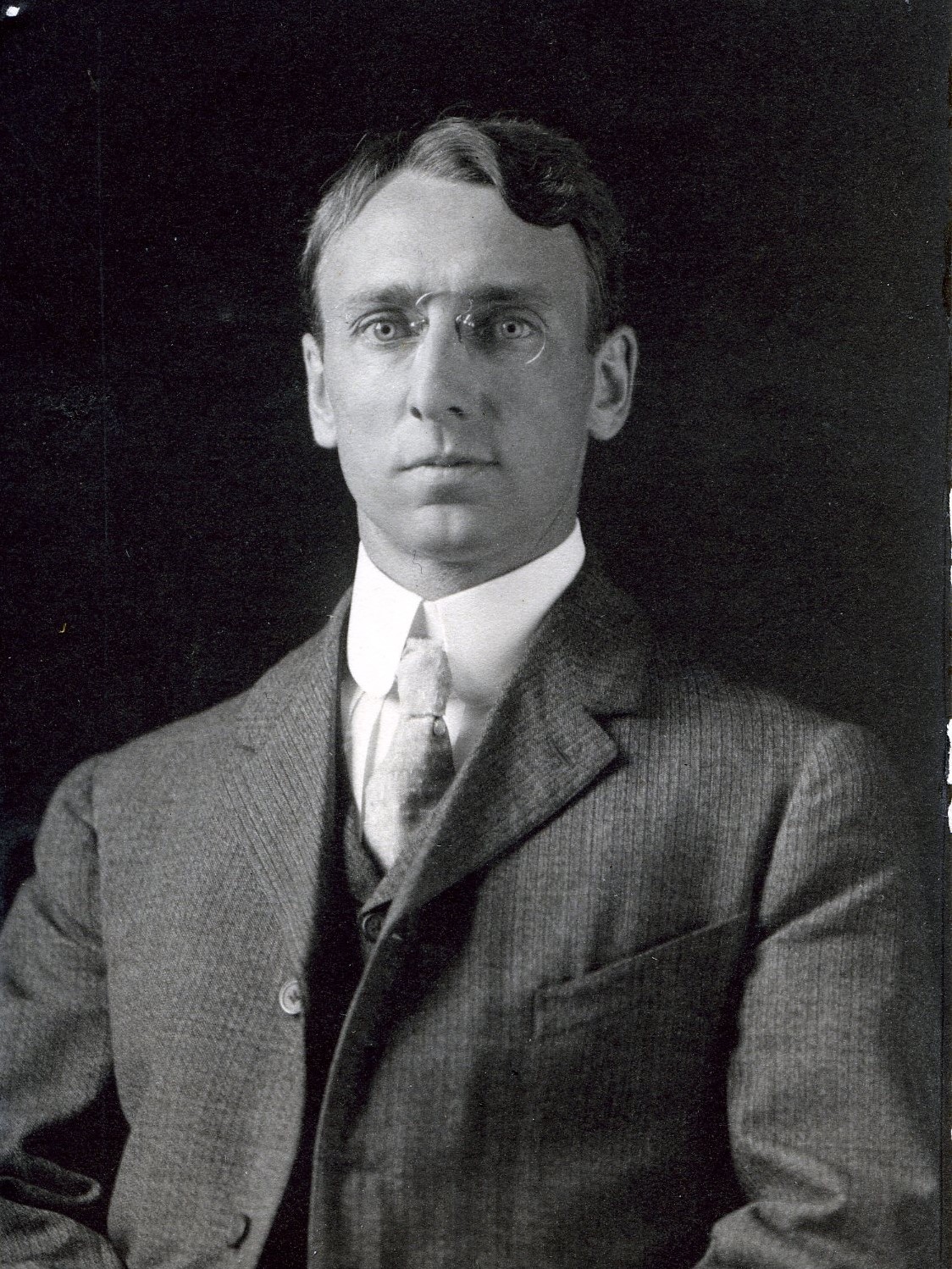 Gary N. CalkinsBiologistCenturion, 1908–1943
Gary N. CalkinsBiologistCenturion, 1908–1943 -
 James McKeen CattellProfessor of PsychologyCenturion, 1905–1913
James McKeen CattellProfessor of PsychologyCenturion, 1905–1913 -
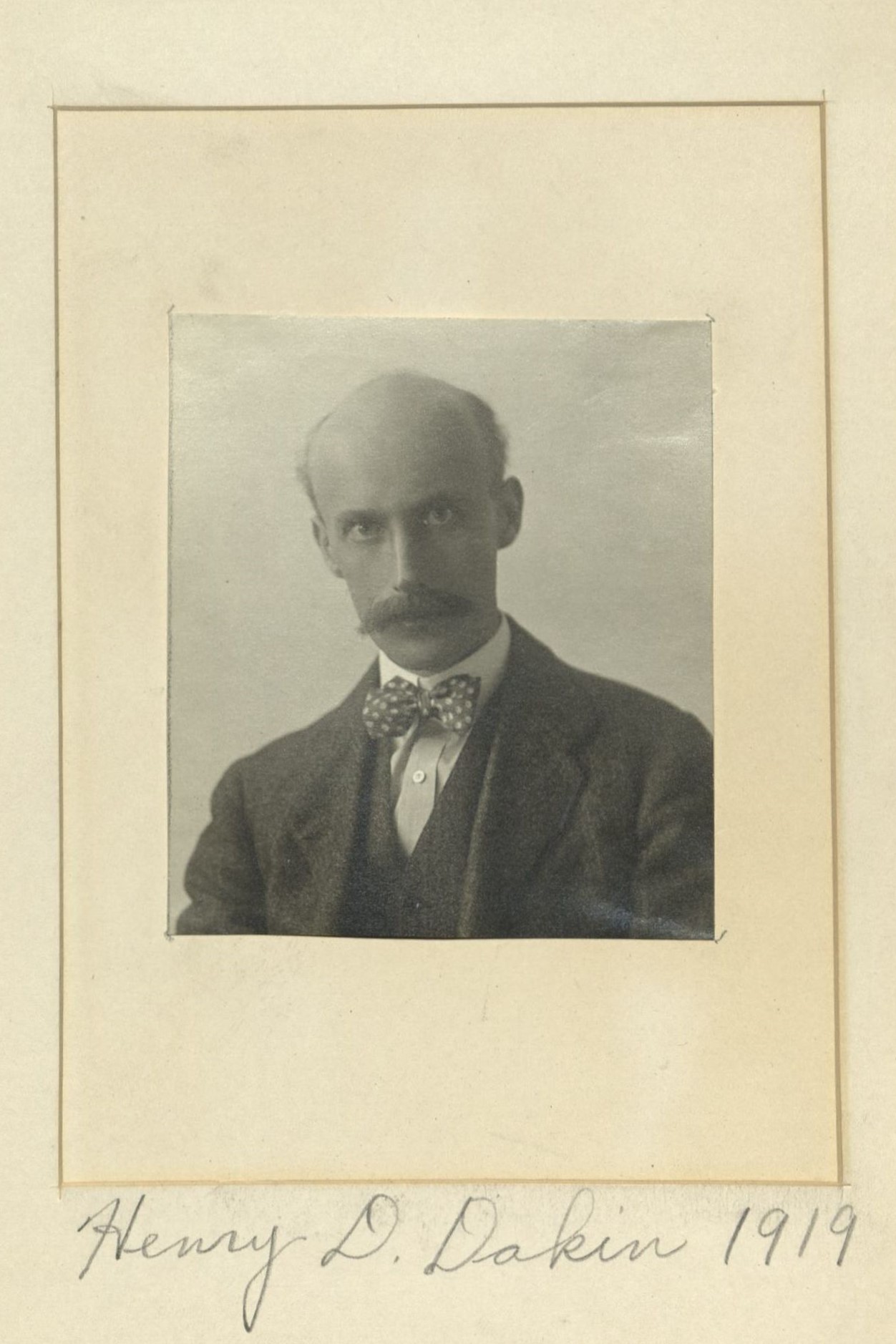 Henry D. DakinChemistCenturion, 1919–1952
Henry D. DakinChemistCenturion, 1919–1952 -
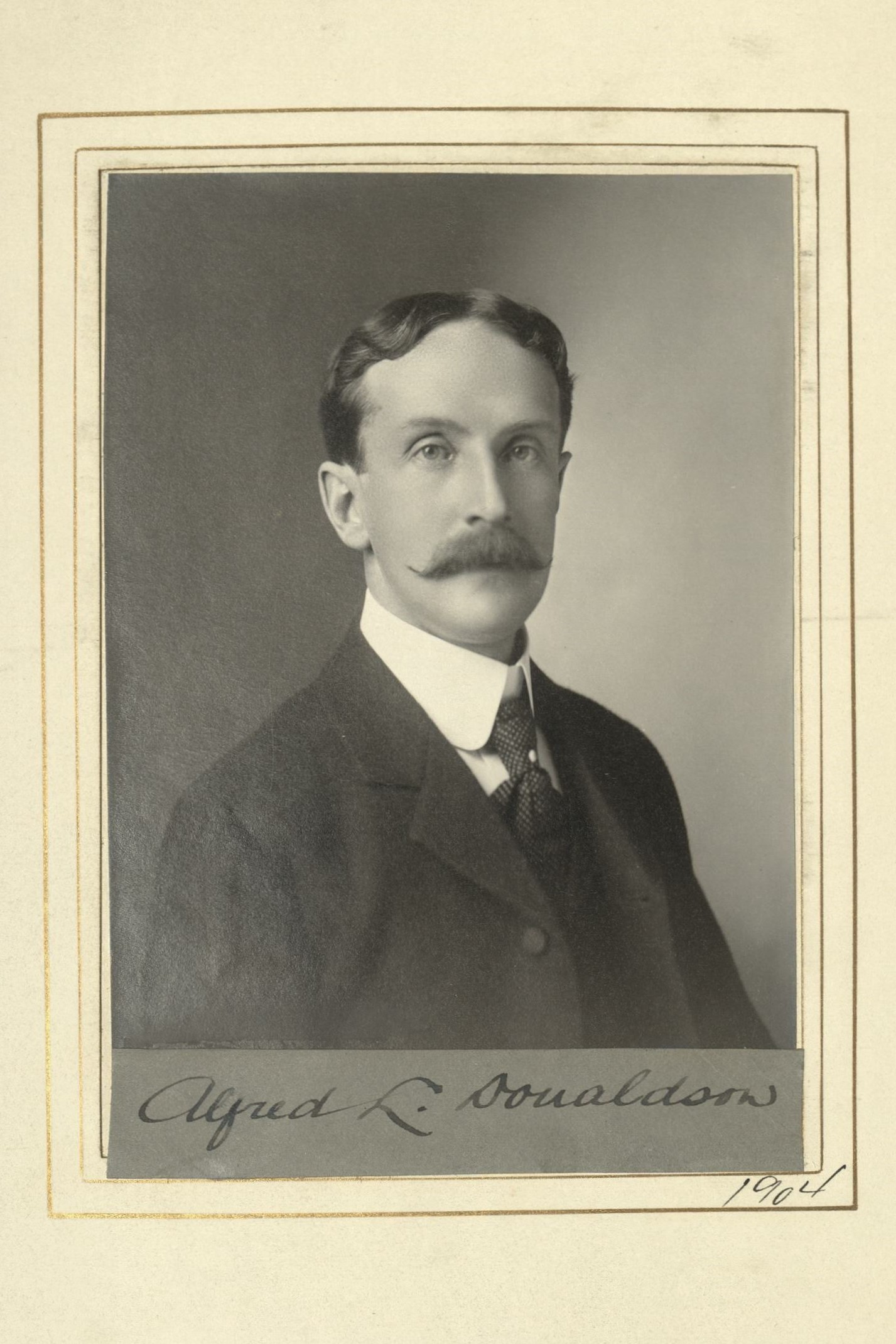 Alfred L. DonaldsonBankerCenturion, 1902–1918
Alfred L. DonaldsonBankerCenturion, 1902–1918 -
 Thomas H. MorganProfessor of Experimental ZoologyCenturion, 1911–1928
Thomas H. MorganProfessor of Experimental ZoologyCenturion, 1911–1928 -
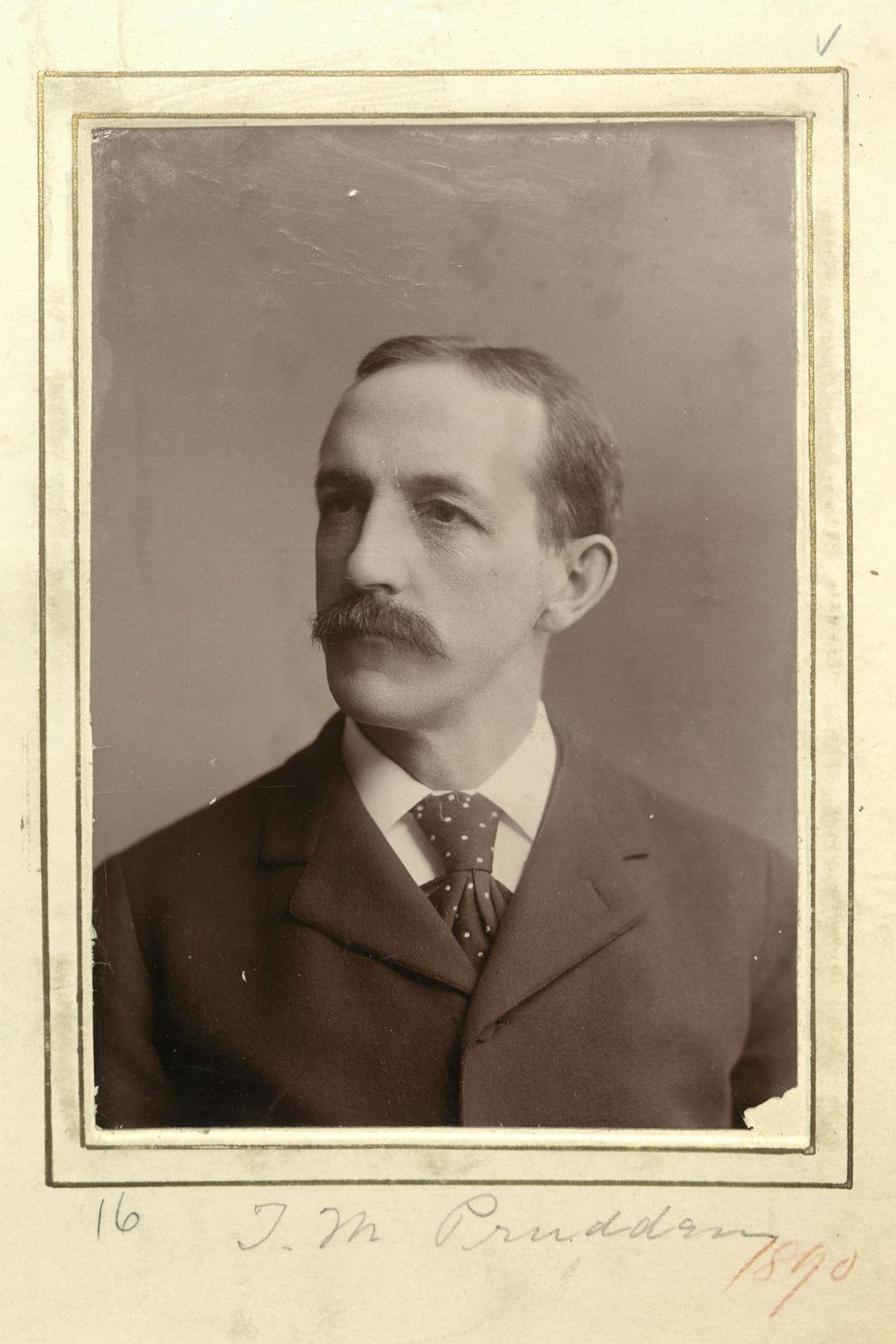 T. Mitchell PruddenPhysician/PathologistCenturion, 1890–1924
T. Mitchell PruddenPhysician/PathologistCenturion, 1890–1924 -
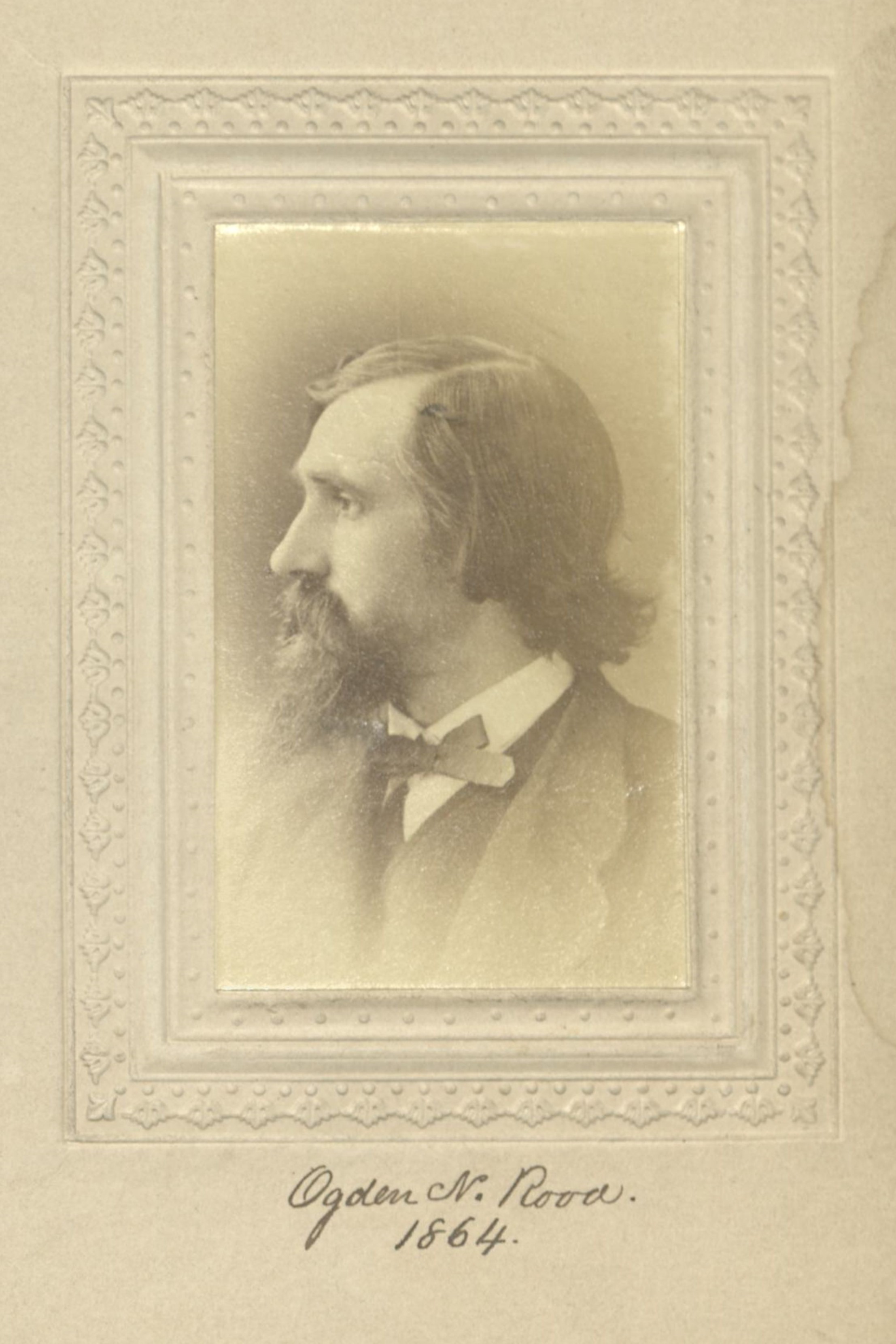 Ogden N. RoodProfessor of Physics/Color TheoristCenturion, 1864–1902
Ogden N. RoodProfessor of Physics/Color TheoristCenturion, 1864–1902 -
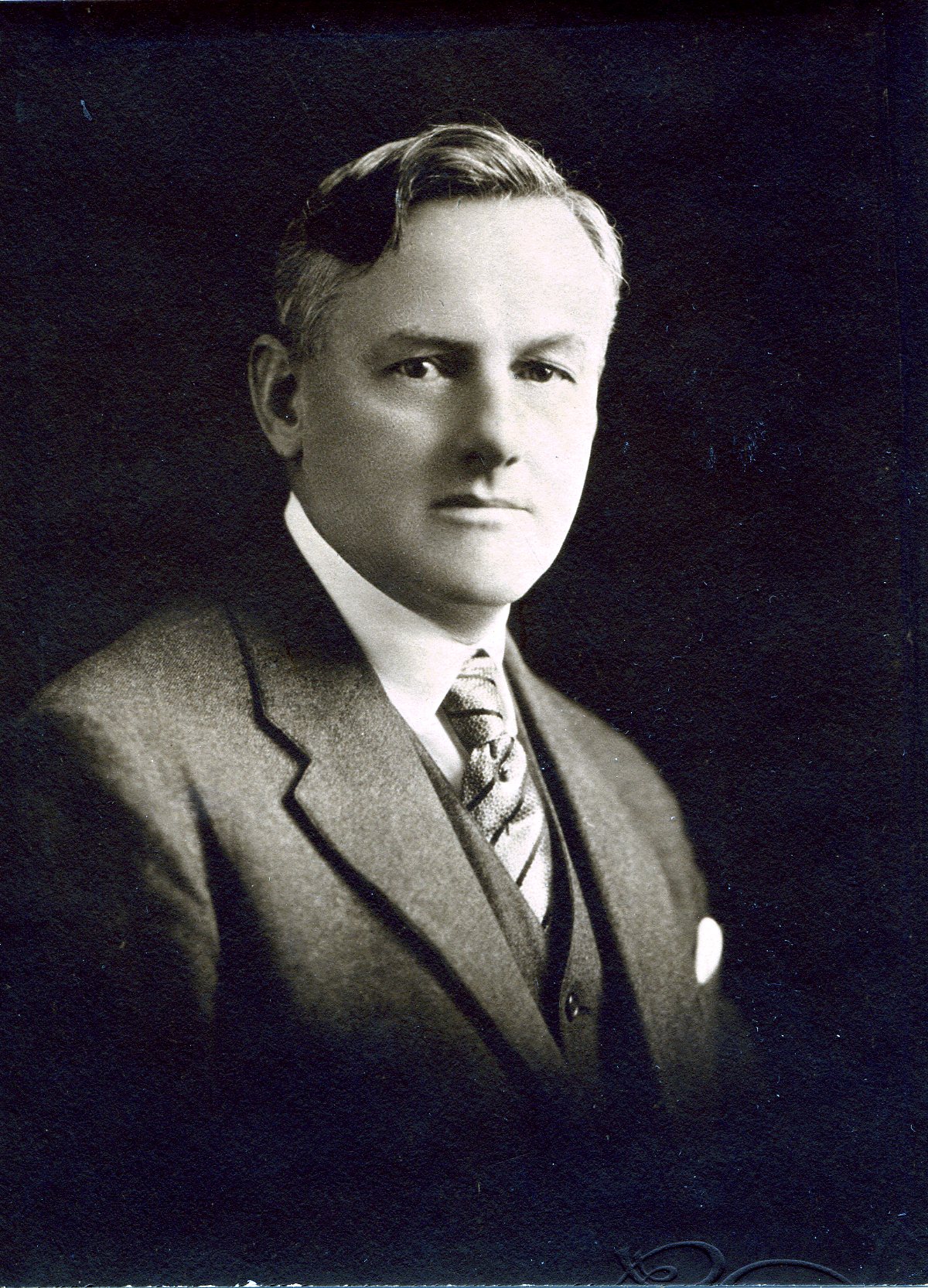 Alfred A. WhitmanBankerCenturion, 1915–1930
Alfred A. WhitmanBankerCenturion, 1915–1930






